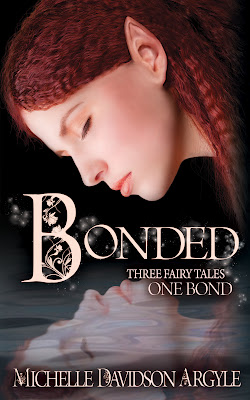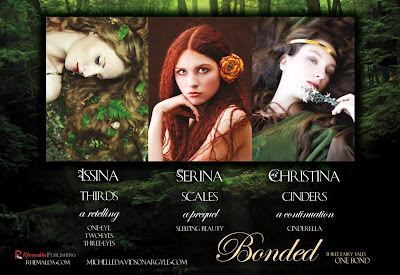This month teamTEENauthor is writing on this theme: so you want to be a writer. Volumes can (and have!) been written on this subject, but I’m going to take a stab at it anyway. Here is my (incomplete) list of things I think you ought to do if you want to be a writer. I’m going to limit myself to just the most important things, here. And remember that writing, like most other things, can be done a million different ways and still done write.
If you want to be a writer, write. This is the single most important thing you can do, and it’s true at every stage. If you want to be a writer, then you must produce words. Sometimes you must produce words you love, and sometimes words you hate, and think are stupid, but you must produce them all the same. Produce the words you want to write and not the words you think you ought to want to write. Work in whatever medium you love–blogs, novels, nonfiction, short fiction, poetry, plays. Write what makes you excited to write, because you’re going to be spending a lot of lonely time with those words.
Let people read what you write. This is hard for some people, but if you want to be a writer, you have to learn to interface with your audience in healthy ways. This is going to require practice, so take a deep breath and let other people read.
Listen to what they say. Here’s a harsh truth: readers can be wrong about how you should fix your writing, but they are never wrong about what they like. If your readers are bored, you have a problem. If they hate your characters, you have a problem. And it is surely your problem, and not theirs. A reader can rarely tell you how to solve these problems, because you are the writer, not them. But listen to their problems with an open mind, especially if you’re hearing the same things from multiple people.
Learn to really revise. This was the step that took me the longest. I used to tweak a few things and call it good. Friends, sometimes revision means starting over from scratch. Sometimes revision means rewriting whole scenes. Sometimes it means dropping characters, or adding characters, cutting thousands of words (keep them in a graveyard file if you must, but cut them!) or adding new chapters or scenes. Be ruthless in your revision. For me, this is where 75% of the work happens. I had a professor once who said that great papers were not written, they were rewritten. This is doubly true for fiction.
Once you’ve revised, kick it out the door. Once you’ve revised, you need to find out how to submit your writing to your desired publication venue, and then send it out. Even if you aren’t good enough yet. Even if it just gets rejected (which it will, again, at every stage).
Get discouraged, but don’t let it stop you. I was going to say that you shouldn’t get discouraged, but please. Every writer I know gets discouraged. Most steps of this process are hard, and discouragement is natural. Stop for a while, if you need. But don’t give up just because it’s hard. You can do hard things.
When you think you are done, begin again. Write. Again, if you want to be a writer, you write. Don’t be afraid to take on the title of writer early, and own it. If you write–whatever it may be that you write–you are a writer. Own it. Hate it if you must, but also love it. And above all, write.
Want to read what other authors have to say? Check the links below.




